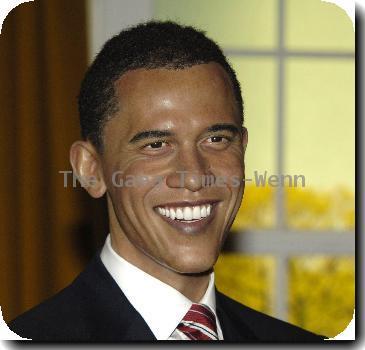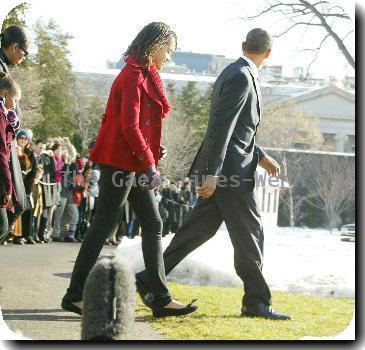US envoy returns to act as go-between in first Israeli-Palestinian talks in more than a year
By Josef Federman, APMonday, May 3, 2010
US envoy returns to lead Israeli-Palestinian talks
JERUSALEM — The U.S. Mideast envoy returned to the region and Israel’s prime minister huddled with Egypt’s president Monday in anticipation of the first Israeli-Palestinian peace talks in more than a year.
The indirect, U.S.-mediated talks mark the first significant step forward in the Obama administration’s attempts to break a stubborn deadlock in Mideast peacemaking.
But the two sides remained far apart, with Israelis insisting on security guarantees and the Palestinians questioning whether the hard-line Israeli leader could ever concede what is required for a deal.
White House envoy George Mitchell, the former U.S. senator who brokered Northern Ireland’s peace accord, has been trying to relaunch peace talks since President Barack Obama took office in January 2009.
But his efforts have hit repeated stumbling blocks, including an Israeli decision in March to build 1,600 homes for Jews in east Jerusalem, the section of the city claimed by the Palestinians. The announcement prompted the Palestinians to call off the start of the indirect negotiations and strained Israel’s relations with the U.S.
After weeks of prodding by Mitchell, Israel and the Palestinians agreed last week to start their indirect talks. Mitchell plans to meet with the sides separately this week to get the negotiations under way. He arrived in Israel late Monday without commenting publicly.
Israel’s prime minister, Benjamin Netanyahu, flew to Egypt on Monday to brief President Hosni Mubarak on the peace effort.
Egypt, the first Arab country to make peace with Israel, often serves as a bridge between Israel and the broader Arab world. Over the weekend, the 22-member Arab League endorsed the Palestinians’ decision to resume indirect talks with Israel, giving the Palestinians political cover to proceed with talks that have been greeted with widespread skepticism by the public.
Netanyahu also discussed the talks with Obama in a phone call on Monday, the White House said.
Israeli officials say Netanyahu will oversee the initial negotiations with Mitchell and will focus his efforts on security issues.
Senior Israeli officials said Netanyahu, who is reluctant to make concessions to the Palestinians, agreed to the talks in part because of international pressure on Israel. They said Netanyahu will seek security guarantees not only from the Palestinians, but from the international community as well. Netanyahu is concerned about Iran’s rising influence in the area and the possibility that Hamas militants, who now control Gaza, could also overtake the West Bank as well.
The officials spoke on condition of anonymity because they were discussing internal deliberations.
Netanyahu has argued that the issues at the heart of the conflict — such as final borders, refugees and control of Jerusalem — can be resolved only through direct negotiations. He would like to move to direct talks within weeks, the officials said.
Palestinian negotiator Saeb Erekat said the Palestinians have been assured by the U.S. that all core issues will be discussed in the indirect talks. He said it would become apparent very quickly whether Netanyahu is serious about making peace or stalling.
“If they continue their current trend, it will be very visible for us,” he said.
The Palestinians refuse to hold direct talks with Netanyahu unless he freezes all Jewish construction in the West Bank and east Jerusalem. Netanyahu has offered a slowdown in the West Bank and what appears to be an undeclared freeze in east Jerusalem as well.
In east Jerusalem, Palestinians were evicted from a rundown building late Sunday after an Israeli Supreme Court order, and Israeli residents later moved in. Palestinian residents said they had lived in the rundown building since 1966, but the court recognized an Israeli deed.
In the West Bank settlement of Shavei Shomron on Monday, Israeli authorities knocked down six houses nearing completion, charging that they were being built in violation of the government’s temporary building freeze.
Settlers protested, resulting in shoving matches with police protecting the bulldozers and heavy machinery. TV footage showed a police officer pinning a settler to the ground and shouting at him.
Associated Press writer Dalia Nammari in Jerusalem contributed to this report.
Tags: Africa, Barack Obama, Eastern Europe, Egypt, Europe, Gaza Strip, International Agreements, Israel, Jerusalem, Macedonia, Middle East, North Africa, North America, Palestinian Territories, Political Endorsements, Skopje, Territorial Disputes, United States, West Bank



